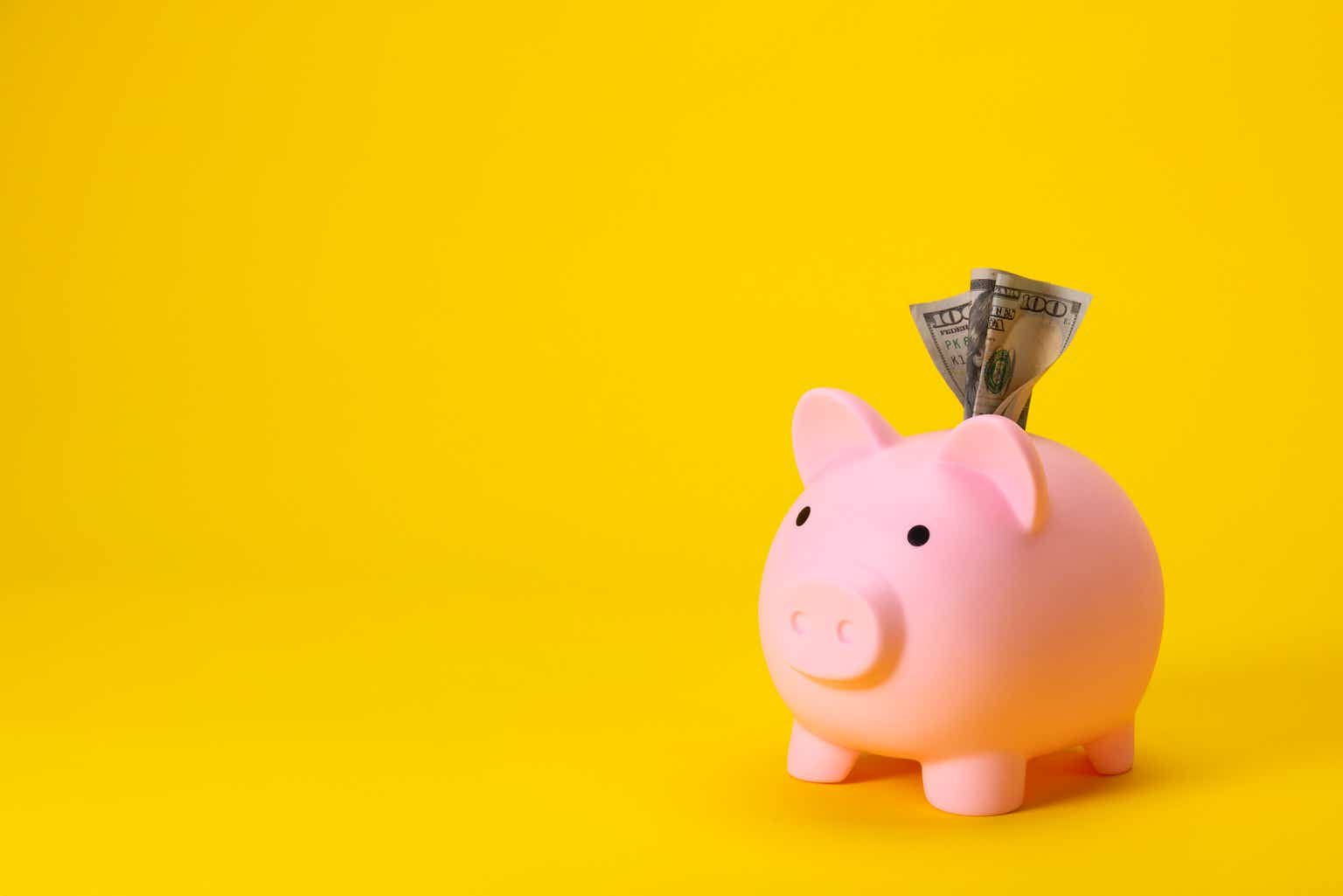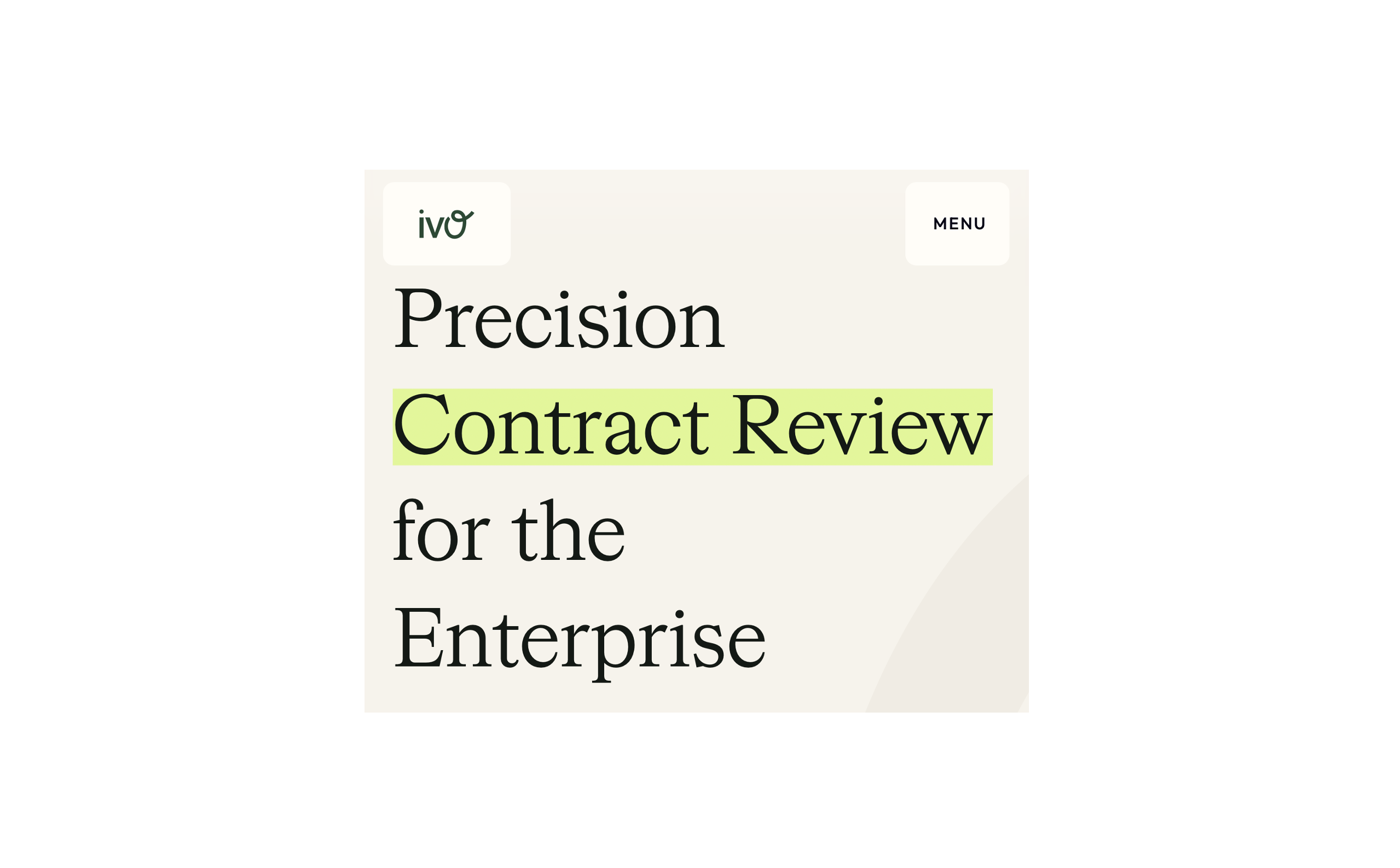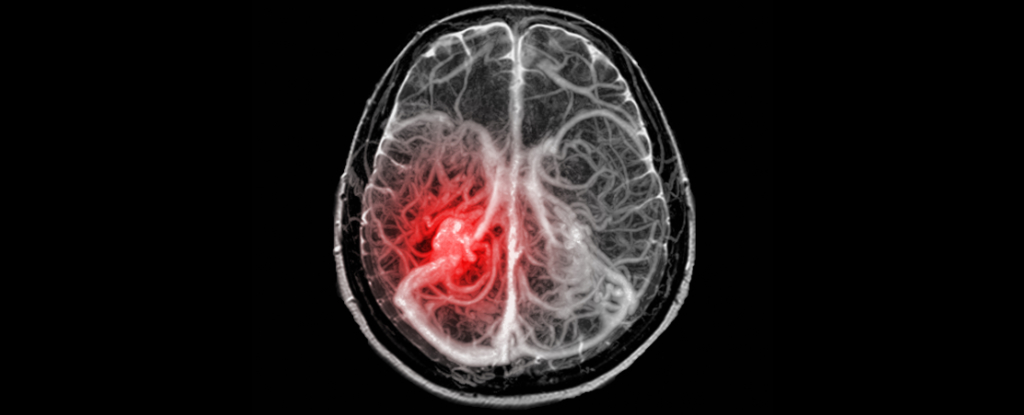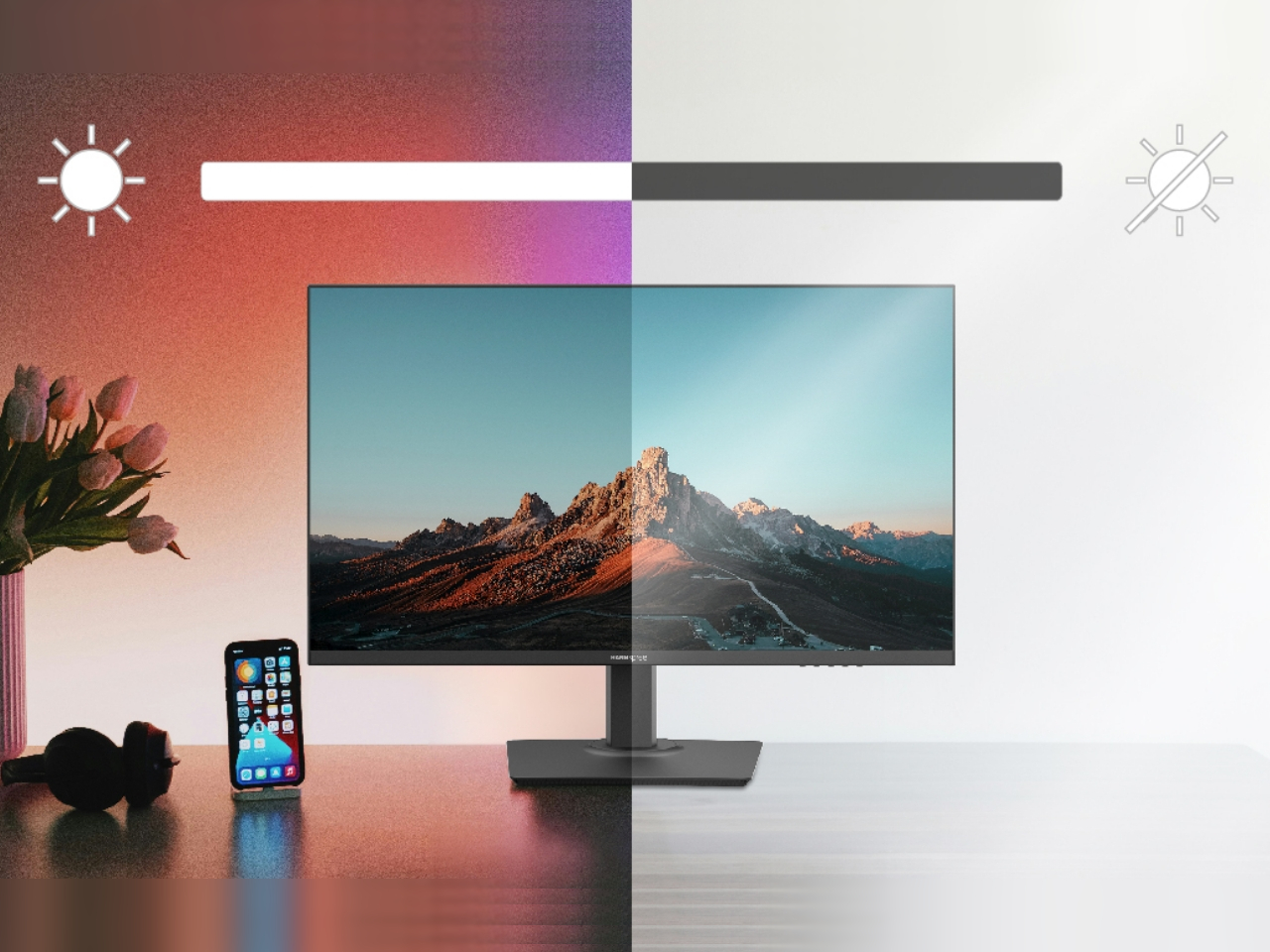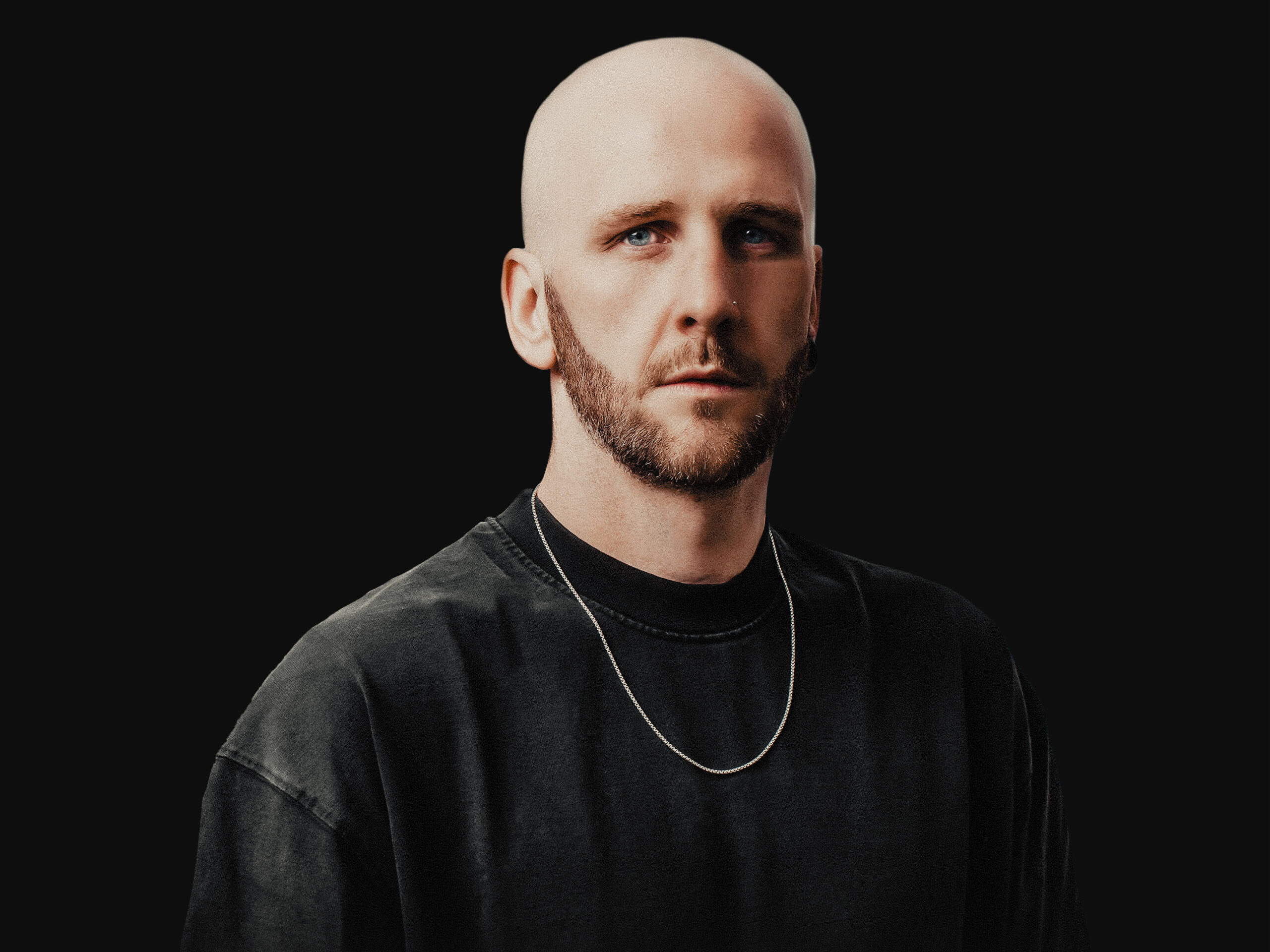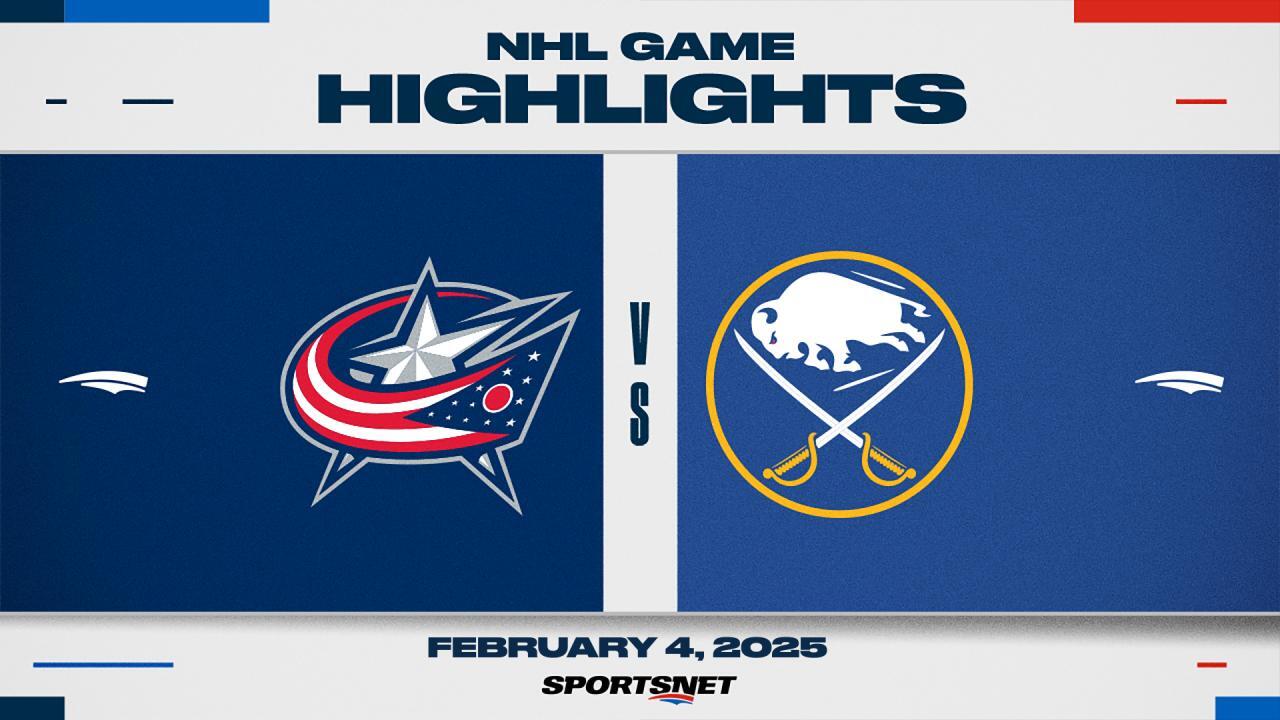Sanjay Gupta: New non-opioid pain medication 'a pretty big deal'
Dr. Sanjay Gupta said Tuesday that the approval of a new non-opioid pain medication is "a pretty big deal." “This is a pretty big deal,” Gupta said. “As you just mentioned, it's been since 1998 that there's been a new pain medication approved. I mean, the FDA typically approves dozens of medications for all sorts...

Dr. Sanjay Gupta said Tuesday that the approval of a new non-opioid pain medication is "a pretty big deal."
“This is a pretty big deal,” Gupta said. “As you just mentioned, it's been since 1998 that there's been a new pain medication approved. I mean, the FDA typically approves dozens of medications for all sorts of things, but not pain, so patients really haven't had many options.”
Gupta's comments on CNN's “The Lead with Jake Tapper” follow Journavx, or suzetrigine, oral tablets being approved by the U.S Food and Drug Administration (FDA) last week as a first-in-class non-opioid analgesic for the treatment of acute pain in adults.
“Today’s approval is an important public health milestone in acute pain management,” said Jacqueline Corrigan-Curay, acting director of the FDA’s Center for Drug Evaluation and Research, in a previous statement.
“A new non-opioid analgesic therapeutic class for acute pain offers an opportunity to mitigate certain risks associated with using an opioid for pain and provides patients with another treatment option,” she continued.
The approval of the medication is innovative in that it provides another option for pain relief beyond opioids. Americans in the tens of millions are prescribed opioids like oxycodone and fentanyl for pain each year.
“I think what is unique about this, if you think about opioids that you just mentioned, they tend to work primarily on the brain,” Gupta said Tuesday. “The brain processes all pain, so … that's why they're sedating, they can cause problems with addiction.”
“These pain medications, suzetrigine, Journavx as it's called, works sort of more at the location of the pain, sort of trying to block the signals coming from the source of pain, going to the brain. As a result, you shouldn't get euphoria,” he added.

